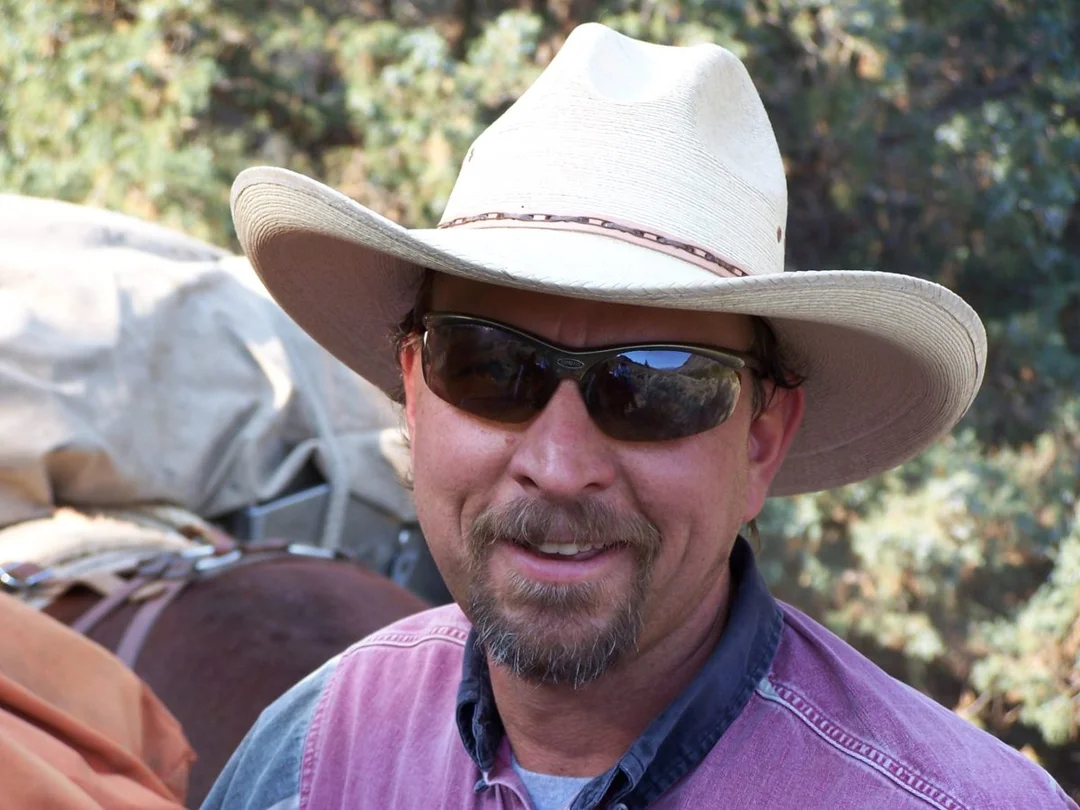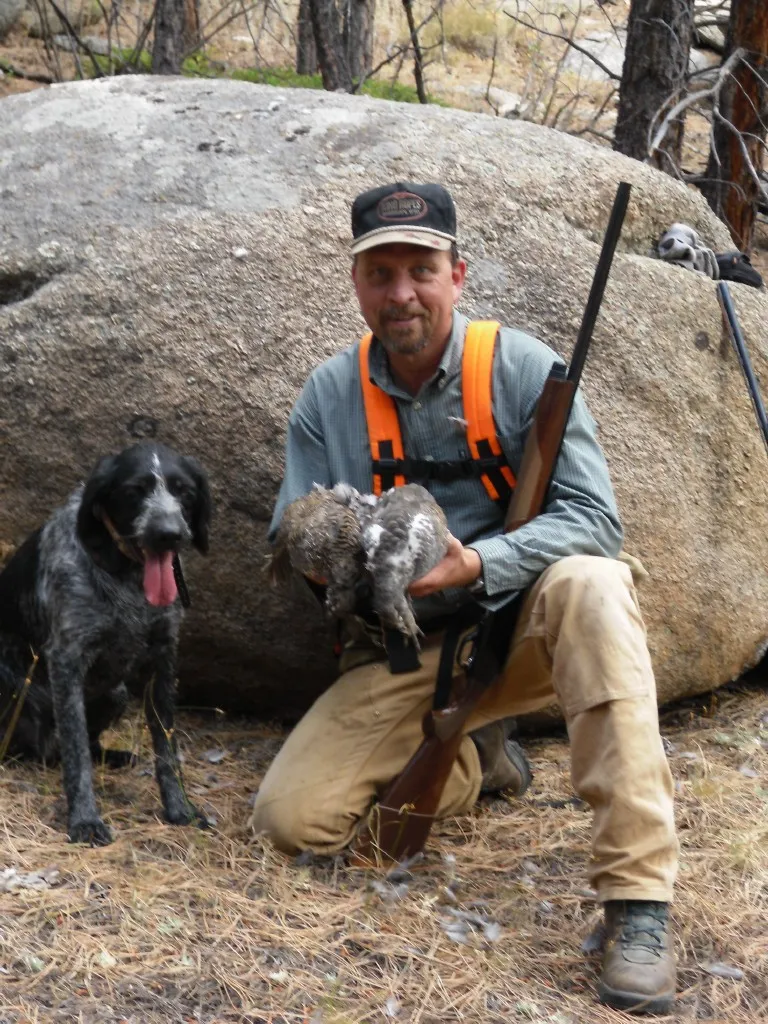
Remembering Scott Talbott: A Champion for Wyoming’s Wildlife
In the vast landscapes of Wyoming, where wildlife thrives, the legacy of Scott Talbott stands out as a beacon of advocacy and commitment. The former director of the Wyoming Game and Fish Department, who passed away on April 25 after battling pancreatic cancer, was more than just a leader; he was an unwavering champion for the state’s rich ecological tapestry.
Talbott, who served from 2011 to 2019, was admired for his ability to engage with wildlife conservation and emphasize the importance of advocates within the agency. Dan Thompson, who supervised large carnivores for the department, reflected on Talbott’s push for staff to openly support wildlife, stating, "When he became director, he made a point for us to be advocates for wildlife." This mantra resonated deeply within the organization, fostering an environment where wildlife issues were prioritized.

Colleagues remember Talbott not just for his professional acumen but for his personal touch. Janet Milek credits him for transforming her career trajectory, encouraging her to embrace new roles that highlighted her communication skills. "He recognized skills in people that maybe they didn’t recognize in themselves," she shared, underlining Talbott’s commitment to nurturing talent within the agency.
His hands-on approach to leadership was characterized by genuine interest in both the wildlife and the people working to protect it. Scott Edberg, a deputy chief under Talbott, echoed this sentiment, stating, "He presented himself as an equal," making it clear that hierarchy didn’t inhibit collaboration.
Talbott’s background in ranching gave him a unique perspective, one appreciated by former colleagues like Terry Cleveland. Talbott could navigate the delicate balance between agriculture and wildlife, making him an indispensable figure in discussions around conservation and land use. His journey from game warden to director showcased his profound understanding of the ecological nuances in Wyoming.
After retirement, Talbott continued to influence conservation efforts through positions such as the guide and outfitter liaison at Safari Club International. His legacy, however, is not solely defined by his positions but by the relationships he cultivated and the commitment to wildlife advocacy he instilled in others.
Unfortunately, Talbott was not alone in his battle against pancreatic cancer, as the recent passing of Steve Kilpatrick, a revered wildlife biologist, reminds us of the fragility of life in the conservation community. Kilpatrick’s distinguished 45-year career was celebrated for its impact on bighorn sheep restoration and wildlife conservation, highlighting the loss felt across the community.
Talbott's services are scheduled for May 30, a moment for colleagues and friends to honor a man who dedicated his life to the wildlife of Wyoming. His legacy compels us to reflect on our roles as advocates for the voiceless inhabitants of our natural world.
As we remember Scott Talbott and Steve Kilpatrick, let's ask ourselves: What can we do to carry forward their legacy of wildlife advocacy? Share your thoughts and reflections in the comments below.